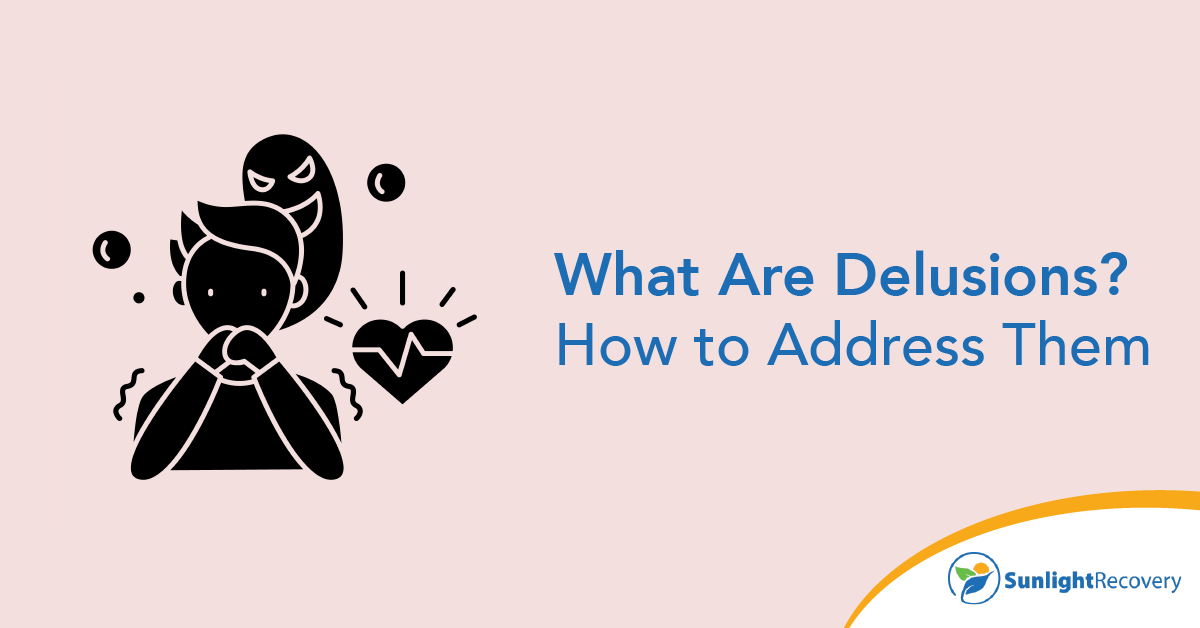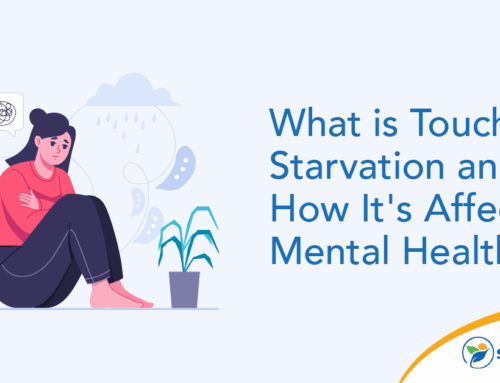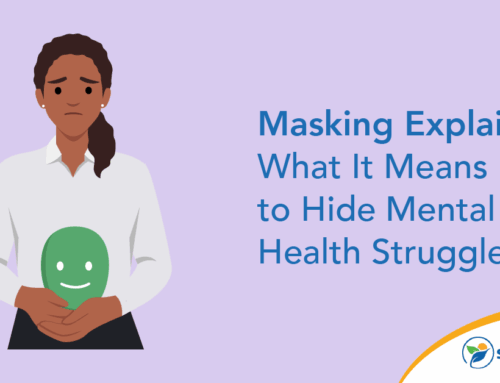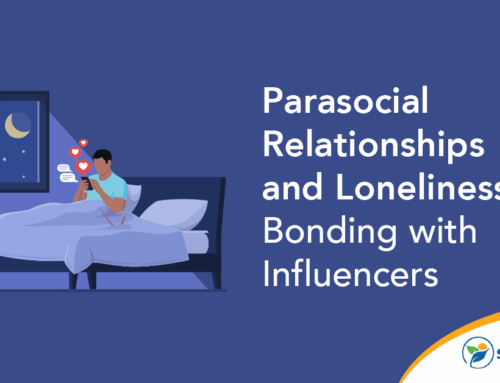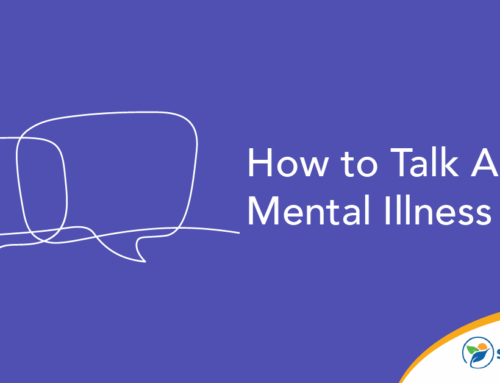You’ve probably been sure about something only to find out you were wrong. Most people just laugh and forget about it. However, for millions worldwide, thoughts can create an alternate reality that feels real, even when others see things differently. These unique experiences, called delusions, often show up in conditions like schizophrenia, which the World Health Organization says affects about 24 million people globally.
So, what are delusions exactly? They’re not just wrong ideas or stubborn thinking. In this article, we’ll look at how these false beliefs take hold, why they feel so real and how to get help if you or someone you love is experiencing delusions.
Defining Delusions and How They Differ From Other Symptoms
A delusion is an unshakable belief in something that isn’t true. Your mind holds onto these thoughts so tightly that no amount of evidence can change them. Harvard Health explains that people with delusional disorder have one or more false beliefs based on misreading reality. Doctors diagnose this condition when someone has these fixed false thoughts for at least one month.
Delusions are tricky because they often involve things that could happen in real life, even if they’re unlikely. For example, someone might believe their neighbor is spying on them or a celebrity secretly loves them. People with delusions usually function normally in their daily lives. You might work next to someone with delusions and never know it. This sets them apart from conditions like schizophrenia, where other symptoms are usually more apparent.
Some of the early signs of delusions might include:
- Becoming suspicious of friends, family or coworkers without clear reasons
- Believing random events or conversations are directed at them personally
- Feeling convinced that people are talking about them behind their back
- Thinking they have special abilities or connections others can’t see
- Insisting that coincidences are planned events meant to send them messages
- Refusing to consider that their beliefs might be wrong, even when shown proof
Types of Delusions
Delusional thinking comes in several different forms. Managing the condition becomes easier when you know which type affects you or someone you care about. Here are the main types of delusions:
- Reference delusions. When someone believes random events are directed at them personally
- Grandiose delusions. Thinking you have special powers or relationships with famous people
- Somatic delusions. Believe you have physical illnesses that don’t actually exist
- Jealous delusions. Being suspicious that a partner is cheating without any real evidence
- Paranoid delusions. Feeling others are plotting against you or watching you
The human mind is complex, so other types exist, too. So getting an accurate diagnosis from a doctor helps create the right treatment plan for your specific situation.
Causes and Mental Health Conditions Linked to Delusions
Delusional thinking means your brain is telling you something isn’t right. Sometimes it happens with other mental health problems, and sometimes physical issues might cause it. Here’s what can lead to delusions:
- Schizophrenia, psychosis or personality problems
- Head injuries or brain damage
- Dementia, brain tumors or seizure disorders
- Drug or alcohol use
- Some prescription medicines
You need a doctor to figure out what’s going on. They’ll ask about your symptoms and medical history. Blood work, urine tests or brain scans might be needed to rule out other conditions.
Why Confronting Delusions Directly Can Be Harmful
Your first instinct is probably to tell your loved one that they’re being ridiculous. But here’s what happens when you do that with delusional thinking: They shut down completely. These thoughts are their reality, and arguing with someone’s reality never works out well.
Some people get outraged or even violent when you challenge what they believe. So instead of saying “That’s not true”, or challenging their beliefs, try asking things like “How are you handling all this?”; keep the focus on them, not on whether their thoughts make sense. This way, they’ll still talk to you and maybe listen when you suggest getting help.
How Professionals Treat and Manage Delusions
A doctor has to figure out what’s going on first before they can fix anything. A person might need medication, therapy, or perhaps both. Treatment isn’t one-size-fits-all.
- Antipsychotic meds can calm racing thoughts.
- Antidepressants might help if you’re feeling depressed.
- Mood stabilizers could help when your emotions are everywhere.
- Talk therapy can help you work through your thoughts.
- Sometimes deeper therapy is needed to get at the roots of your beliefs.
It might take a while to find what works for you. Some people try several different medications before finding the right one, for example. But once you do, things can get a lot better.
Supporting Someone Experiencing Delusions
Delusions are often a symptom of psychosis, which shows up in conditions like schizophrenia. Unfortunately, more than two out of three people with psychosis never get specialist mental health care. People with delusions know their thoughts seem strange to others, so they usually keep quiet about them. The shame around mental health makes everything worse.
You need to be careful how you approach this topic to avoid losing the person’s trust. But there are ways to help:
- Show them you care without judging what they believe.
- Help them notice what situations make their thoughts worse.
- Gently suggest talking to a professional when they seem open to it.
- Offer to go to therapy appointments with them if they want.
- Listen to their feelings instead of focusing on their thoughts.
The worst thing you can do is argue with them or try to prove them wrong with facts. Their brain is sick right now. They can’t help what they’re thinking. When you stay calm and supportive without feeding into their beliefs, they start to trust you more.
Are Delusions Making Life Difficult? Recovery Is Possible
Living with delusions feels like your own mind has turned against you. When you feel like all hope is lost, please remember that it’s okay to feel scared, confused, or completely alone right now. But recovery happens every day for people just like you.
At Sunlight Recovery, we understand how scary these thoughts can feel, and we’re here to help you through them. Our licensed doctors and therapists have walked this path with hundreds of people before you, and we can help you, too. Reach out today to learn more about your treatment options.


